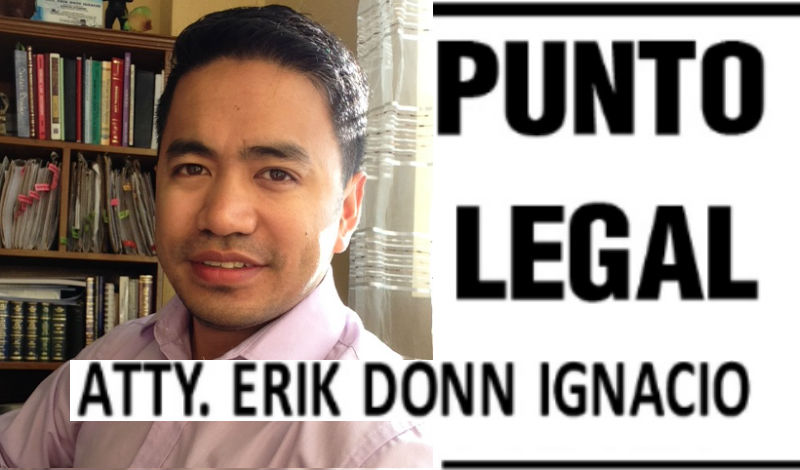Can a member of the Sangguniang Bayan who is a lawyer practice his profession during his incumbency? Our Constitution provides that “No elective or appointive public officer or employee shall receive additional, double or indirect compensation, unless specifically authorized by law, nor accept without the consent of Congress, any present emoluments, office or title of any kind from any foreign government. Pensions and gratuities shall not be considered as additional, double compensation” (Sec. 8, Art. IX-B). The exception is provided by the Local Government Code of 1991: “Sanggunian members may practice their professions, engage in any occupation, or teach in schools except during session hours…” Local executives however are barred from practicing theirs: “All governors, city and municipal mayors are prohibited from practicing their profession or engaging in any occupation other than the exercise of their functions as local chief executives.”
If an elected official who is allowed to practice his profession during his incumbency receives compensation by reason of his practice, it is not considered as double compensation since it is an exception to the general rule under our Constitution. The same is not true for regular employees since they are also barred from receiving compensation from another entity. Such is the case of a Supreme Court employee who was receiving salary from the Philippine National Police while under the employ of the Court.
Mr. “X”
Mr. X was a member of the Philippine National Police before his employment with the Supreme Court as Chief Judicial Staff Officer. During his employment with the SC, an anonymous letter reported that Mr. X still receives compensation from the PNP while discharging his functions and being paid by the SC. The PNP also launched its investigation on the matter. When the SC conducted its own investigation, Mr. X submitted an explanation saying that when he started his employment with the SC he also filed his application for retirement from the PNP who only acted on the same after fourteen months. During said period of 14 months, Mr. X received compensation from both SC and PNP. He admitted that he received the compensations for economic reasons and it was “in good faith” since he was of the honest belief that he was still entitled to receive compensation from the PNP because his retirement has not been approved yet at that time. He offered his apology and in fact informed the court that he returned the money he received from the PNP while employed by the SC. The Office of Administrative Service (OAS) recommended that Mr. X “be held liable for gross dishonesty and conduct prejudicial to the best interest of the service” and that he be “dismissed from the service with forfeiture of all benefits”.
Gross Dishonesty
Mr. X is guilty of gross dishonesty. The Court adopted the recommendation and findings of the OAS that: “His receipt of salaries from the PNP despite not rendering any service thereto is a form of deceit. Jurisprudence states that dishonesty implies a disposition to lie, cheat, deceive, or defraud; untrustworthiness; lack of integrity; lack of honesty, probity or integrity in principle; lack of fairness and straightforwardness; disposition to defraud, deceive or betray” (A.M. No. 2011-04-SC, July 5, 2011). The Court went on to say: “All court personnel ought to live up to the strictest standards of honesty and integrity, considering that their positions primarily involve service to the public. For knowingly and willfully transgressing the prohibition on dual employment and double compensation, as well as the Courts rules for its personnel on conflict of interest, respondent violated the trust and confidence reposed on him by the Court.”














What will happen to Mr X if he’s retirement was already approved and what he was receiving is the monthly pension at the same time receiving salary in his new occupation as Chief Judicial Staff? Was he still liable of the same?